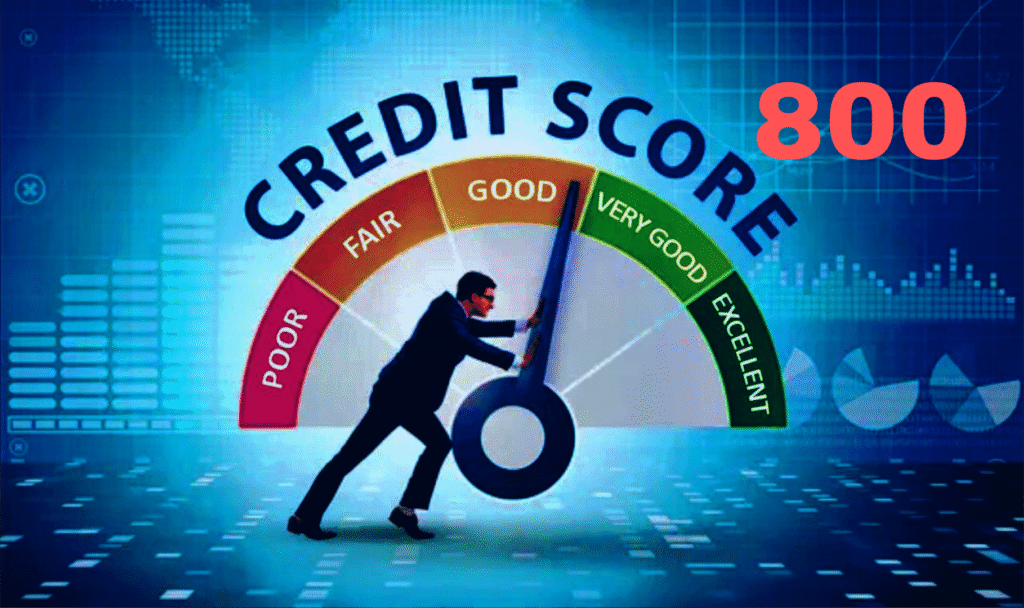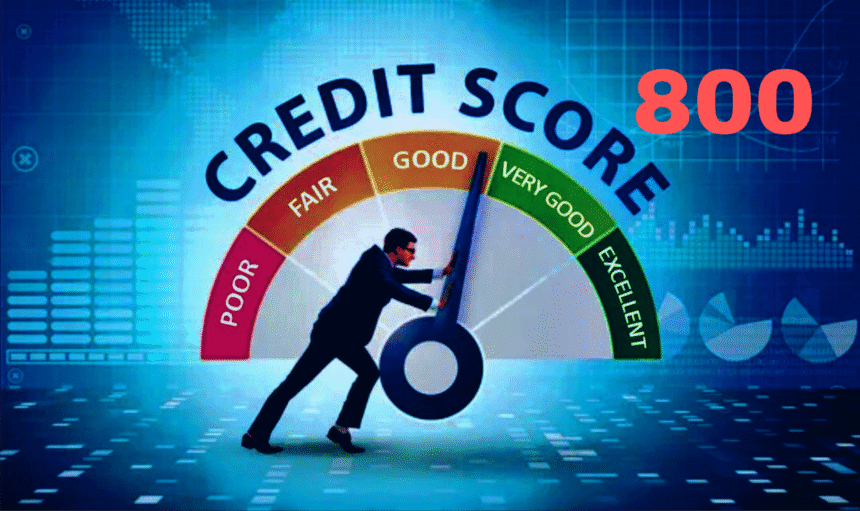
Let’s be honest — credit scores are confusing. You think you’re doing okay, but then your score drops and you have no idea why. We’ve all been there.
But here’s the good news: fixing your credit score doesn’t have to be complicated. You don’t need a finance degree or a fancy app — just a few smart habits and a little patience.
Here’s a simple, no-BS guide to help you boost your credit score and keep it there.
1. Pay Your Bills on Time — Every Single One
This one’s non-negotiable. Your payment history makes up the biggest chunk of your credit score — around 35%. Miss one payment, and your score can take a real hit.
Here’s how to stay on top of it:
- Turn on autopay (even just for the minimum payment)
- Set reminders on your phone
- Use a budgeting app if you need one
If you do miss a payment, call your lender right away. If it’s a one-time thing, they might not even report it.
2. Keep Your Credit Card Balances Low
This part is called “credit utilization,” and it’s basically how much of your available credit you’re using. Experts say to stay under 30%, but under 10% is ideal if you’re trying to really boost your score.
Quick math:
If your credit limit is $5,000, try not to carry a balance higher than $500–$1,500.
A few tips:
- Pay off your card before the statement closes (not just by the due date)
- Don’t max out your card — even if you plan to pay it off
- If you can, ask for a credit limit increase (but don’t spend more just because you can)
3. Don’t Close Old Credit Cards (Unless They’re Costing You Money)
Even if you don’t use a card anymore, keeping it open can actually help your score. Why? Because older accounts show a longer credit history and increase your total available credit — both good things.
If the card doesn’t have an annual fee, just hang onto it. Maybe put a small subscription on it (like Netflix or Spotify) and set up autopay to keep it active.
5. Stop Applying for Credit You Don’t Need
Every time you apply for a loan or credit card, it triggers a “hard inquiry,” which can lower your score by a few points. Too many of those, and lenders start to get nervous.The smart move?Only apply when it makes sense. And if you’re rate-shopping for something big (like a car or mortgage), try to do it all within 2–3 weeks — those multiple checks usually count as just one.
6. Use a Secured Credit Card if You’re Starting from Scratch
If your score isn’t great — or you’re just getting started — a secured credit card can help you build credit the safe way.
You pay a deposit (usually $200–$500), and that becomes your credit limit. Use it like a regular card, pay it off in full every month, and your score will start going up.
7. Get Added as an Authorized User (If Someone Trusts You)
This is a little-known credit hack that can work really well. If a parent, partner, or friend has a solid credit card (good history, low balance, no missed payments), ask if they’ll add you as an authorized user.You don’t even need to use the card — their good credit habits can help your score just by being on the account.
Final Thoughts
- Raising your credit score doesn’t have to be complicated or stressful. You just need to treat your credit like your reputation —
- protect it, build it slowly, and don’t do dumb stuff that wrecks it.
- The more responsible you are, the more your score will go up. That means better loan approvals, lower interest rates, and way less financial pressure.
- Take it one step at a time — and remember, everyone starts somewhere. You’ve got this.













